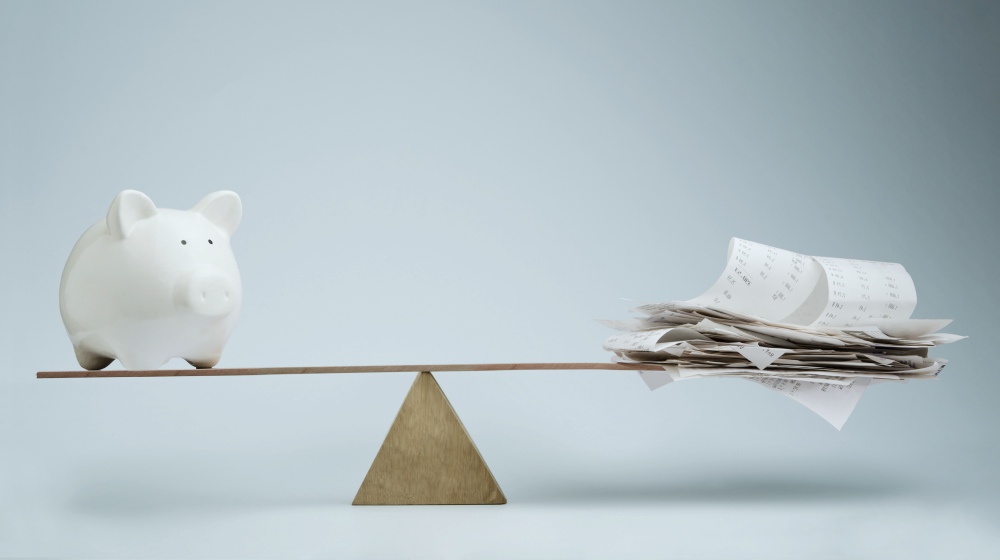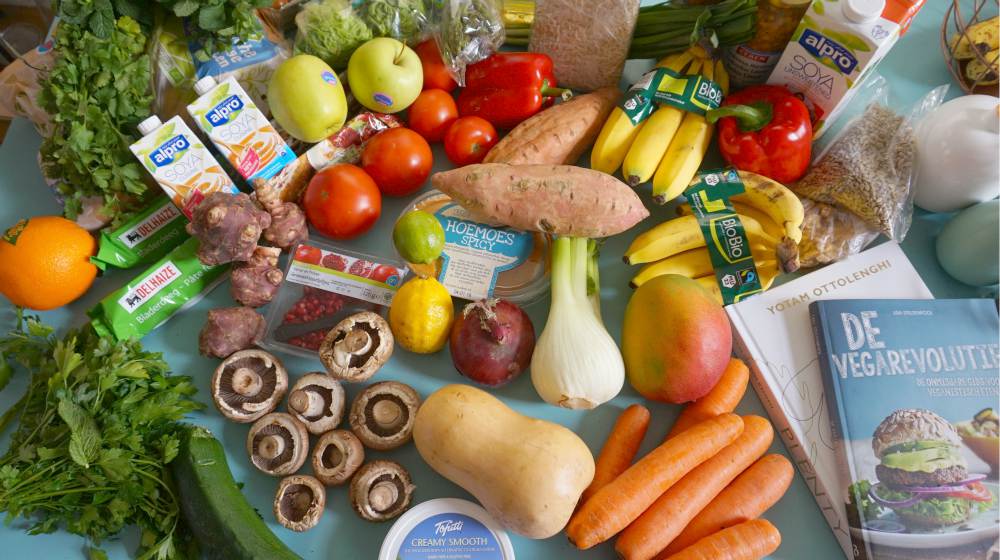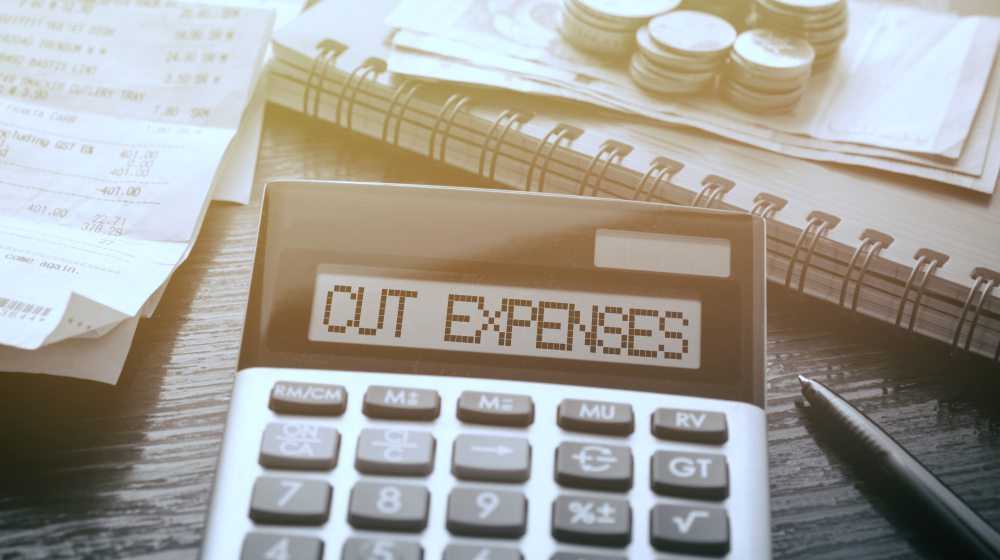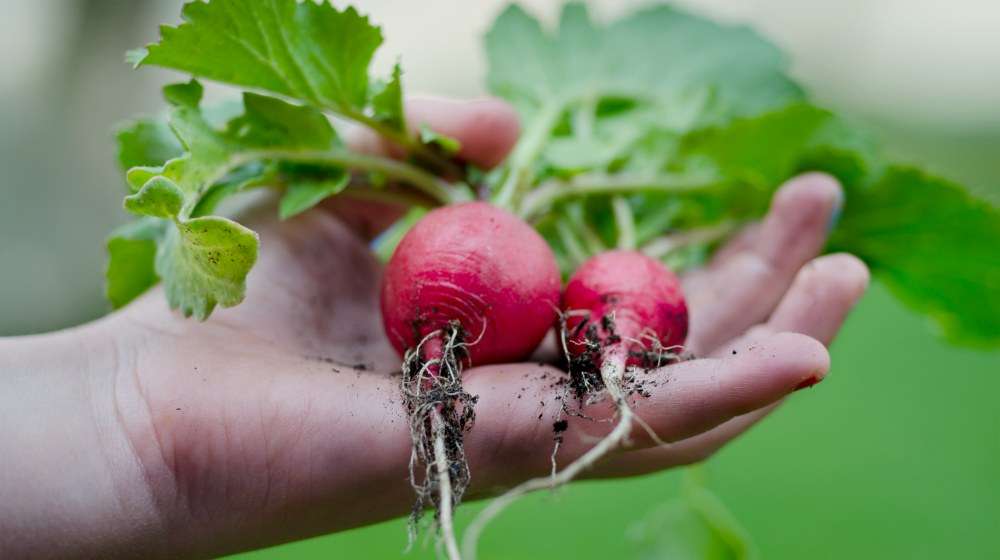These days, achieving true financial freedom can be a challenge. Enjoy the peace of mind that comes with financial security with these 12 tips and tricks!
RELATED: How To Save Money (Fast and Easy Ways) | Homesteading Basics
In this article:
- Compare Your Assets and Debts
- Set Your Goals and Achieve It
- Make a Budget and Stick to It
- Don’t Make Promises You Can’t Keep
- Have an Emergency Fund
- Get Insurance
- Cut Unnecessary Costs
- Increase Your Income
- Make an Income Stream Out of Your Homestead
- Grow What You Can for You and Your Animals
- Stay Away From Incurring More Debt as Much as Possible
- Start Small and Embrace Humble Beginnings
12 Ways to Gain Financial Independence as a Homesteader
Homesteading and Financial Goals
A big part of most people's finances consists of paying off various debts, such as student loans and credit cards. All that, while paying for several bills and daily necessities.
So how do you save enough money and gain financial freedom while homesteading? Read on and set yourself up to achieve financial freedom as a homesteader.
1. Compare Your Assets and Debts

It's simple: Before anything else, you need to know where you're starting out, or, your total actual assets. This number will tell you what you actually own after all things are considered.
This is easy to calculate. Take note of everything you own including your cash, savings, and investments. Compare all these to what you owe such as loans, credit purchases, among others.
For those who have student debt, mortgages, and other loans, it's not surprising to find the number will be negative. Don't panic.
2. Set Your Goals and Achieve It
After evaluating what you have and owe, ask yourself: “What is it you're trying to achieve with your financial independence?”
Is it for your early retirement? More freedom to travel or start your own business?
Whatever your goal is, figure it out and keep it close to your heart and don't forget any of it. You'll need that to keep you motivated when impulse purchases arise.
Most importantly, when you set a goal, aim for it. Do not stop after hitting your first goal and continue until you accomplish everything.
3. Make a Budget and Stick to It
Having a budget changes everything. It holds you accountable each month, which leads us to save more money as compared to having no budget all.
At this point, you might be thinking, well, what constitutes a budget then?
A budget is a running list of everything you need to pay for (income leaving your household) compared to everything that will be paid to you (incoming entering your household).
Remember to add as much as you can for debt repayment into your budget. You can have a daily, weekly, monthly, yearly budget.
Now, when you're on a limited income and trying to pay off debt and save money at the same time, every single dollar matters.
Ideally, every single dollar should be accounted for — recorded in a budget app, spreadsheet, journal, or whatever it is that will work for you. This is to monitor all your expenses, so you will know which take up most of your paycheck.
Furthermore, all the things that are not essential to your family's well-being should either be reduced to a minimum or be eliminated entirely. You'll need to decide what these things are for your individual family's needs.
For instance, instead of dinner and drinks, go for tea and maybe a treat. You can even cook a special meal at home.
To save more, here's where you can reduce your expenses:
- Gift funds
- Transportation funds — Take the bus instead of hailing a cab
- Entertainments funds
- Groceries
- Shopping — Reduce impulse buys
4. Don't Make Promises You Can't Keep

Or else that will cost you later. Even when making a budget overhaul, there are still some core basics that shouldn't be eliminated.
Here are three areas of your budget which you shouldn't feel bad for allocating money to:
- Healthy Groceries
- Self/Health Care
- Savings
First things first are your and your family's well-being.
And yes — even when paying off debt, make a budgetary allowance for saving each month. This has, at times, acted as a buffer margin when unexpected costs arise.
Now, for some families, the above list will include a reliable vehicle. Although you can save more by taking public transportation and very few taxi cabs each month.
In cost-to-cost comparisons, you can save thousands of dollars each year with this method.
5. Have an Emergency Fund
Things happen — and they typically come with a big price tag attached. Don't let something unexpected throw your family for a financial loop.
Set aside some of your total assets for emergencies. If you don't have anything to set aside, this is the first thing you're saving for.
Your family should ideally have 3-6 months worth of basic living expenses (rent/mortgage, bills, food, etc.) set aside in case of job loss, disaster, accident, or other untoward incidents. Also consider over-budgeting a little each month if possible to afford some room for rising prices, unexpected needs, and extra savings.
RELATED: How To Save Money On Groceries While Homesteading
6. Get Insurance
Plain and simple, insurance provides a safety net in similar ways that saving does. Thus, having insurance takes away some of the demand for emergency funds.
That being said, financial freedom demands personal savings. Have both.
7. Cut Unnecessary Costs

In addition to sticking to the budget you create, you need to work on avoiding unnecessary costs. This will help you create money without having to do much at all.
Take a look at your personal finance and spending habits: is there room for improvement?
Remember: Becoming forever self-sufficient and self-reliable is a great way to gain more financial freedom.
Some ways to cut or avoid unnecessary costs:
- Unsubscribe from cable, and opt for Netflix, which is cheaper
- Choose public transit over purchasing and maintaining a vehicle, or frequent taxi rides
- Maintain a garden to grow as much food as you can
- Reduce the amount spent to eat out at restaurants considerably
8. Increase Your Income
I know, I know, it's not easy — but neither is being stuck in debt repayment! Ask yourself this and answer honestly: is there any way you or any of your family members can bring even a little extra or some passive income into your household?
Cleaning, care-working, freelancing, growing and selling food, and selling products are just some of the endless options.
Here's a tip: make a living out of what you enjoy doing as a hobby, such as crafting and hand-making. You earn while having fun!
9. Make an Income Stream Out of Your Homestead
In line with the previous item and as a homesteader, think of creating different income streams for your homestead. With careful planning and creative thinking, you can generate cash from every part of your operation.
Let's say you're raising some chickens that provide a few dozen fresh eggs every week. You'll need to buy a bag of feed for those chickens on a weekly basis.
At this point, the money you use to buy feed is substituting what possible amount you have to spend to buy fresh eggs. However, if you can add more chickens in your homestead to raise, you get enough eggs for your family to consume every week and more eggs for you to make money from.
And yes you might think, more chickens require more feed, but the income you get from selling eggs should be enough to cover these expenses. Hence, the expression “chicken feed” — a very small sum of money.
Do this in other areas of your homestead and turn those animals into an asset.
10. Grow What You Can for You and Your Animals

Having a vegetable garden for people consumption is a common practice for homesteaders. Apart from that, have you thought of growing veggies for your animals too?
You could plant what you usually buy for your animals. Grow vegetables for your goats, sugar beets for hogs, or a chicken garden to save money from feed costs.
Planting hay has many uses as well. It's not just for your cows and horses, but also a great organic way of eradicating garden weeds.
Think of how much you can cut down on these expenses. That's a lot for sure.
11. Stay Away From Incurring More Debt as Much as Possible
If you make an earnest decision to stay out of debt, this will make a significant impact on your way to financial freedom. Develop the mentality of acquiring only what your budget will allow you and it will set you up nicely for your homesteading efforts.
Like for example you badly need to purchase a new vehicle. There's a brand new pick up truck you think you can pay off within a couple of years and a cheaper car that won't carry a balance on your credit card.
It can be a tough decision to choose between your wants and needs. But the sacrifices you make will make a huge difference in your homestead.
12. Start Small and Embrace Humble Beginnings
Having it all at once may not be the best idea to start as a homesteader.
Do you want a farm? Spend only what you can afford and avoid putting yourself in financial distress.
Resist the temptation because chances are you might find yourself in huge debt and struggle to get out of it. Accept the challenge of being self-sufficient as a homesteader, build from what you currently have on your path to being financially free.
Earn more money homesteading! Get some tips from TexasPrepper2 on how they run a successful homestead business raising blackberries:
Gaining financial freedom is the single most important thing you can do as an adult. Having financial security means never having to feel stuck in a bad situation.
It means never missing out on a great opportunity because of fear.
Are there other tips you can share on financial freedom? Or do you have any homesteading projects you’d like to share? Share it with us in the comments section below! We’d love to know what you think!
UP NEXT:
- 12 Ways Self-Sufficiency Will Make You a Happier Person | Lengthen and Improve Your Quality of Life | Homesteading
- Ways To Make Money While Homesteading
- The Real Reason You Should Shop Local
Follow us on Instagram, Twitter, Pinterest, and Facebook!
Editor’s Note: This post was originally published in December 2015 and has been updated for quality and relevancy.

Leave a Reply